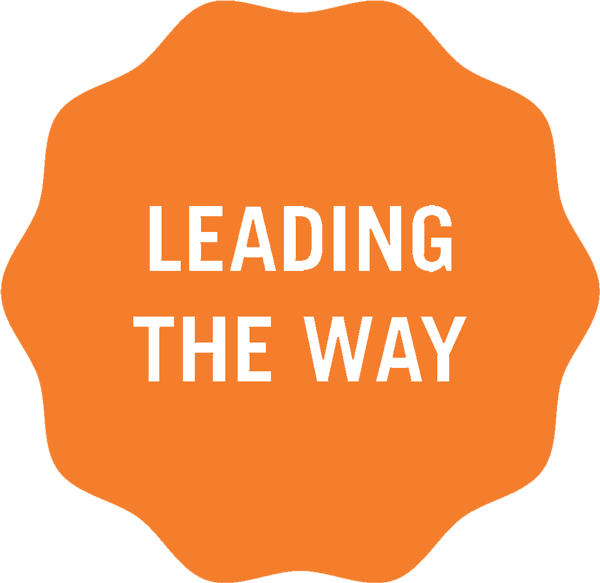
Shaping
the
Future
photograph by Darren Elias

Shaping the Future
photograph by Darren Elias
Alumni are making a difference in higher education
1. Alumni are making a difference in higher education
“We’re educating people to be good citizens and great leaders,” says Karin Wilkins ’84, dean of the School of Communication at the University of Miami.
“I love being a dean because you never know what your day is going to look like, from [a major] crisis to somebody sending pictures of toilets not being cleaned properly,” says Stephanie Hartwell ’90, dean of the College of Liberal Arts and Sciences at Wayne State University in Detroit.
For some, like Wilkins, the journey has been relatively direct. At Bucknell, she was so motivated to study communications that she created her own interdisciplinary major in it — made possible by the University’s “great professors and flexibility,” she says. After graduation, she went straight to the University of Pennsylvania for her Ph.D. in communications.
For others, the path has been more circuitous. “When I was in college, I never envisioned myself in higher ed,” says Martyn Clay ’79, who participated in ROTC before making the Army a career. When he retired, he realized he had “never been happier” than during a posting teaching military science at the University of Florida. He went back to school for a doctorate in educational leadership at the University of Missouri and is now president of Hillsborough Community College’s Plant City campus in Florida.
The last few years have been particularly challenging. “I have incredible respect for anybody who’s a college president or provost right now, because it’s an incredibly tough place to be,” says Jeanne Hey ’85, a former dean at the University of New England. The COVID-19 pandemic has brought many of higher education’s biggest challenges into sharp relief, from the vulnerability of many schools’ financial models, to changes in the economy and the nature of work, to skyrocketing student loan debt and accompanying questions about the value of college. It’s a time to take stock.
“We all have gone through a lot the last two years and need to pay attention to people,” Wilkins says. “We need to check in, reach out and engage in dialogue with both students and employees.”
2. Finding ‘Her People’ at Community Colleges
2. Finding ‘Her People’ at Community Colleges
After earning her B.A. in Spanish, she completed a master’s in Spanish at St. Louis University, then started teaching full time at Sussex County Community College in New Jersey. Lesser started out not knowing anything about community colleges — “I thought, ‘OK, whatever. I’m teaching Spanish.’ ”
But she fell in love with the mission within her first two months. “It was about not just teaching Spanish but preparing students for life. I found my people at community college,” she says, noting that she and her brother were the first in their immediate family to attend college.
She stayed at Sussex nearly 17 years, eventually becoming a dean. On the side, she also earned a Ph.D. in higher education leadership from the University of Nebraska-Lincoln. Lesser became vice president of Clinton Community College in the New York state system for nine years, followed by four years as vice president of academic affairs at Luzerne County Community College in Pennsylvania. In December, she was named president of Great Bay Community College in New Hampshire.
At Luzerne, Lesser was especially excited about offering “microcredentials” — short-term, intensive trainings in high-demand areas, such as health care and applied technology, to quickly teach students the technology, math and English skills they need to begin those careers within a matter of weeks, rather than years. Especially during the COVID-19 pandemic, “We have a lot of people who need to get back to work, and they can’t spend two or three or four semesters right now — they need something [faster],” Lesser explains. “That’s the best thing about being at a community college — meeting the community need.”
Lesser, who began a new chapter in her career in late March, says “Being president of Great Bay Community College offers many exciting opportunities. The college is part of the Community College System of New Hampshire, and working together with my colleagues in New Hampshire was one of the appeals of the job. It’s a collegial and team-oriented environment that not only supports the citizens of New Hampshire but answers the needs of business and industry.”
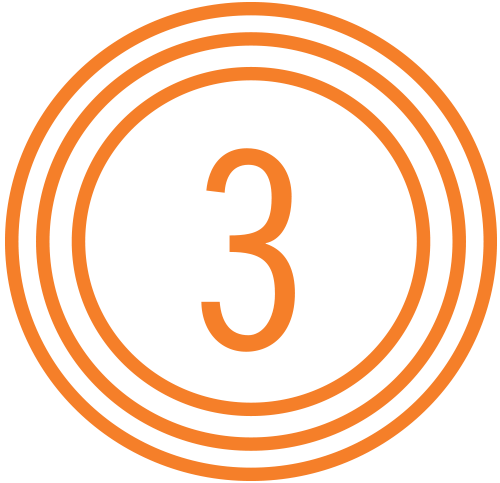
3. Jeanne Hey Quote
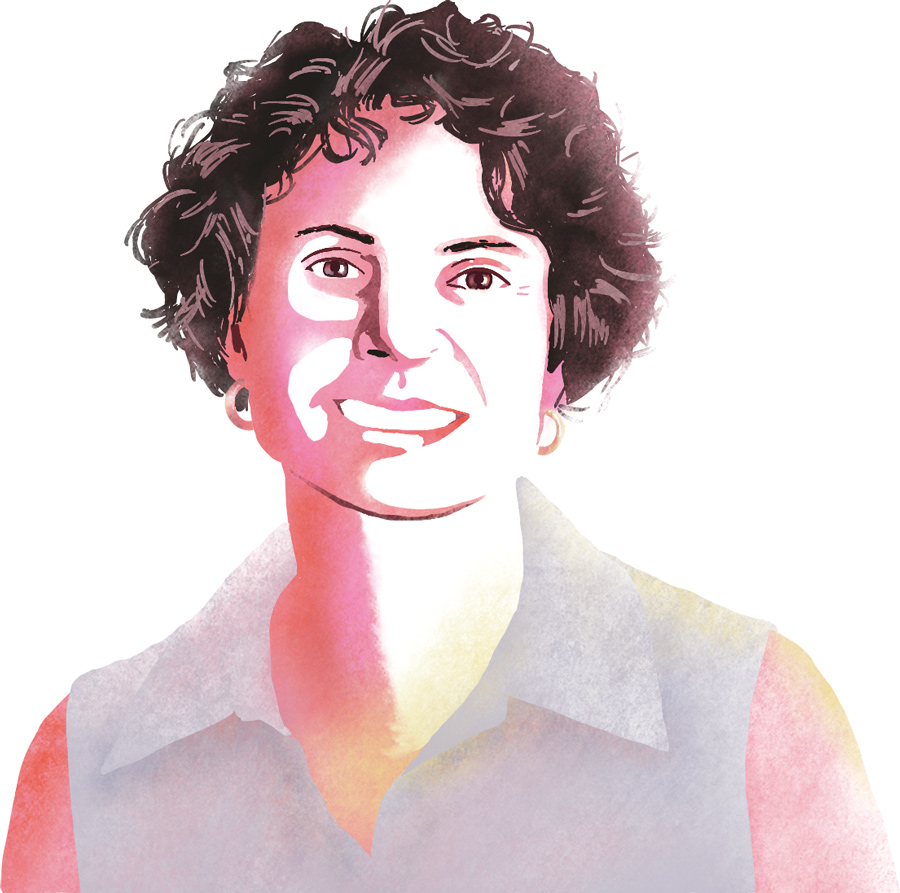
Understanding New Generations
4. Understanding New Generations
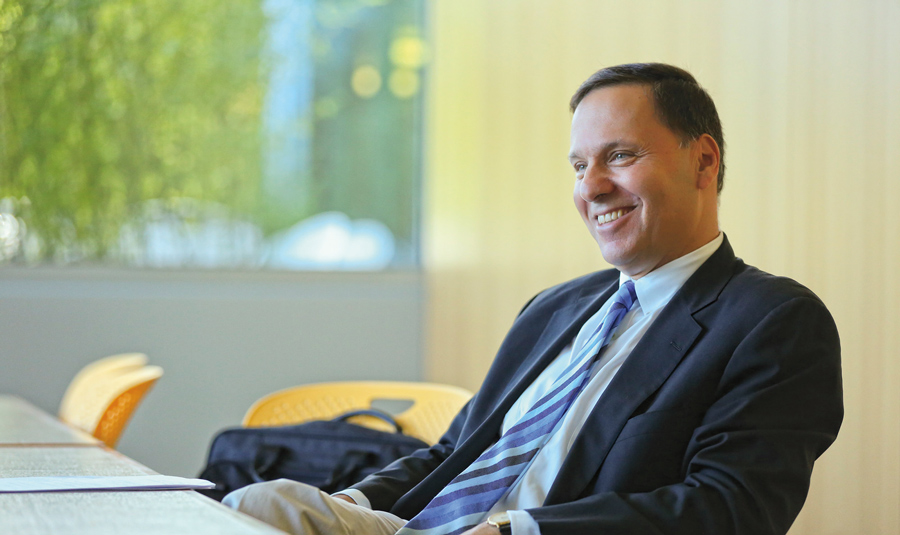
After earning a doctorate in geography from Columbia University, he landed an assistant professorship at Middlebury College in Vermont, rising through the ranks to eventually become president of the college. In 2016, he became president of Brandeis University in Massachusetts.
The school’s distinctive history — it is the only secular American university founded by the American Jewish community — presents Liebowitz with difficult, yet “refreshing,” leadership challenges. Among them: Striking the right balance between the school’s Jewish roots and its desire to also be “diverse and inclusive of all” (it was 98% Jewish at its founding, versus 35-40% today); dealing with rising anti-Semitism (there have been several bomb scares during Liebowitz’s tenure); and contending with the politics of associating with Israel. “It’s been an interesting education for me over the last five-plus years,” Liebowitz says.
The school is also grappling with universal challenges familiar to anyone in higher ed these days, such as the need to prepare students for a more competitive and globalized landscape, and the question of how to ensure that students studying liberal arts disciplines such as religion, philosophy and classics, which he thinks are vital, are also equipped for a work world where computer science and tech are ubiquitous.
Liebowitz is particularly concerned about student mental health, which he says has worsened during the pandemic. He notes that Generation Z, the demographic now in college, has experienced the anxiety and stress of both the financial crisis and the pandemic, while also growing up with social media, which he believes to be “a major contributing factor to the mental health challenges that are being felt.
“Understanding this generation and then reconciling what this generation is telling us … those are the challenges,” he says.
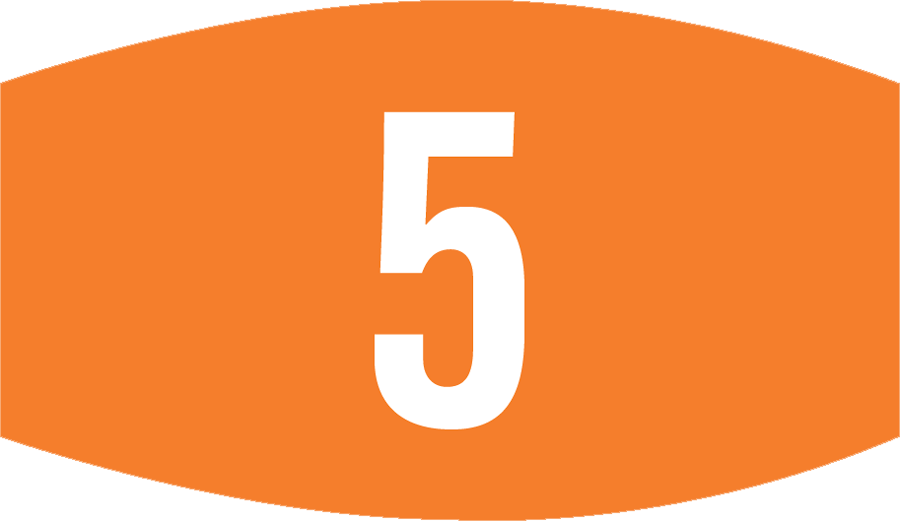
A Thousand-Year-Old Project
5. A Thousand-Year-Old Project
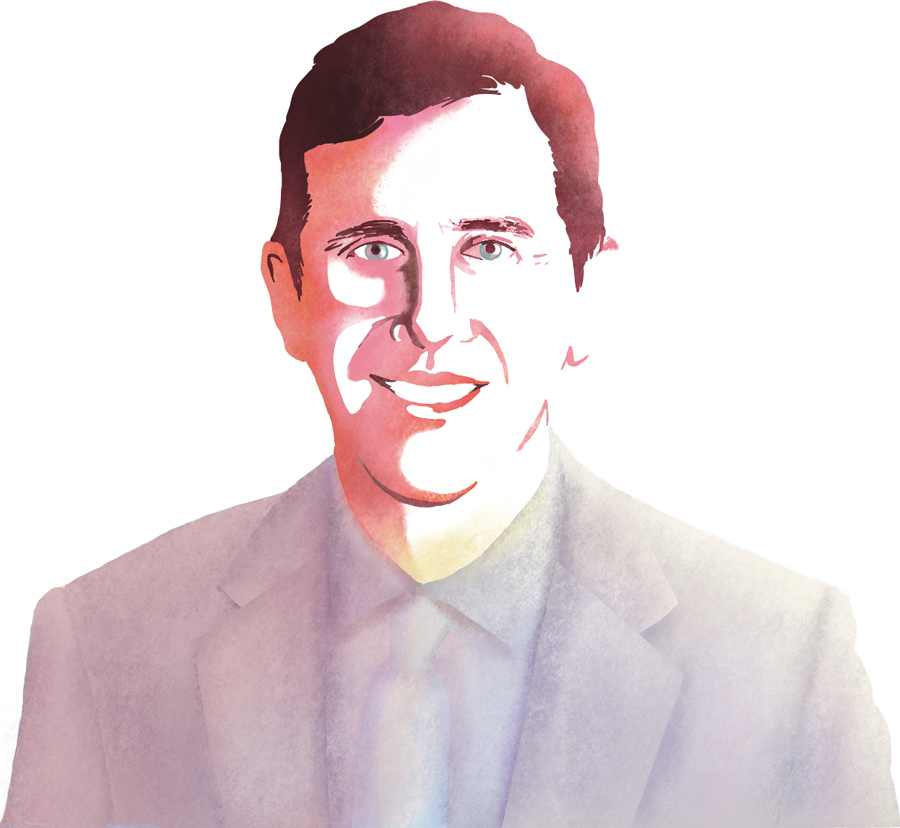
Nonetheless, McKeegan says the college went on to have a “phenomenal year.” Mount Aloysius, which traces its roots to the 1850s and was once a junior college for women (it’s now coeducational), is known for its nursing school, while also offering “the full panoply” of liberal-arts and business degrees. McKeegan is proud to have a role in “shaping the future of society,” especially given that half his college’s students are first generation, more than 40% are Pell eligible, and some 70% are from the surrounding Pennsylvania area. “When I think of higher education and my passion for why we invest in this project, it is a chance really to shape the future of communities,” he says.
McKeegan has a deep connection to Pennsylvania — and Bucknell. His father, the late education professor Hugh McKeegan, worked for the state department of education, and the family, which included three other Bucknell grads (Anne ’81, M’84, P’10; Mary ’83; and Therese ’86), lived in Lewisburg.
Law school at Notre Dame, followed by a legal career in Arizona, then a general counsel and vice president role at Linfield University in Oregon, took McKeegan away from the state for several decades. In that sense, his move to Mount Aloysius is a homecoming.
He admits he does miss one thing about his old life: In law, “You get a decision, and the case concludes one way or another,” he observes. Working in education, by contrast, can be seen as an ongoing project that’s 800 to 1,000 years old — depending on how you define the oldest colleges and universities. “So this is a life’s work, and I’m passionate about it.”
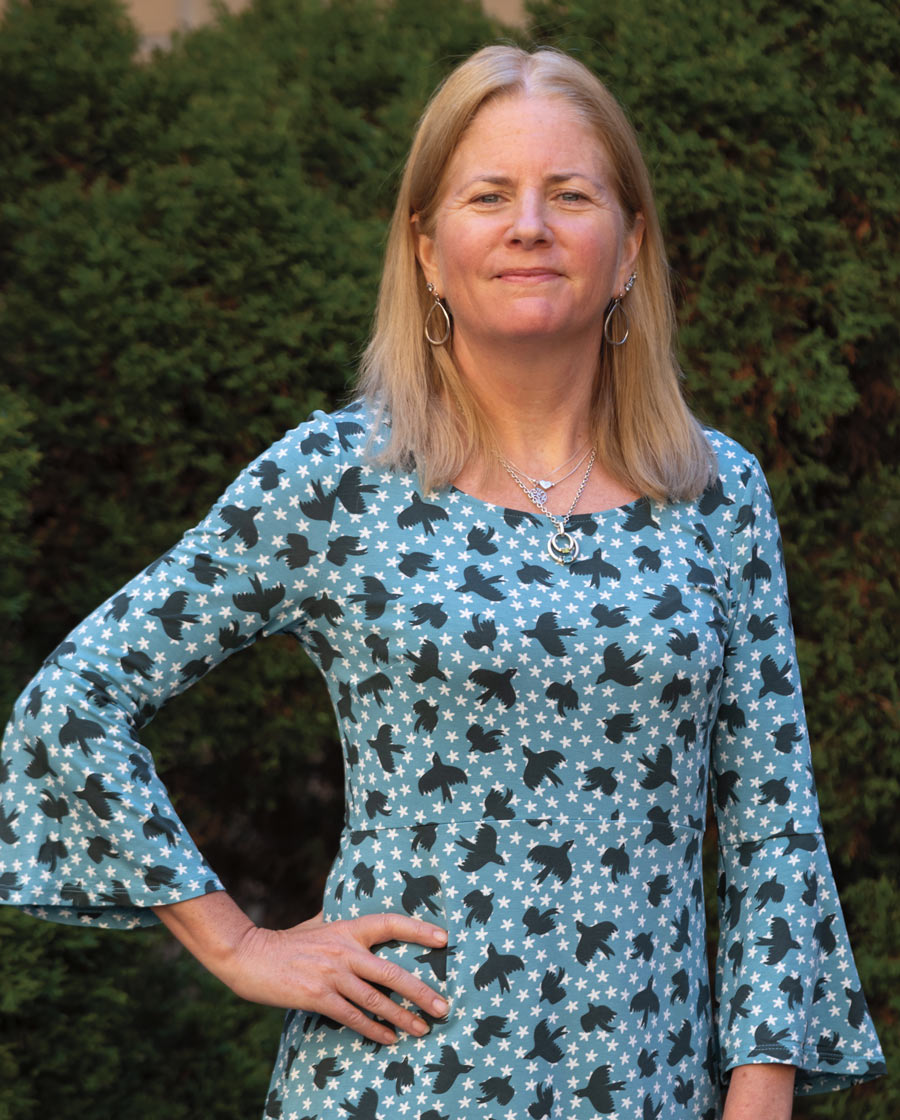
6. Making the Case for Higher Education
6. Making the Case for Higher Education
The solution is for schools to connect with communities, says the dean of Wayne State University’s College of Liberal Arts and Sciences in Detroit: “We ensure that every major shows connectivity to a career path.
“Universities make communities stronger,” Hartwell adds. “An educated population is a civil population that is able to talk and argue points across the table with other diverse groups of people, so that we’re not bifurcated.”